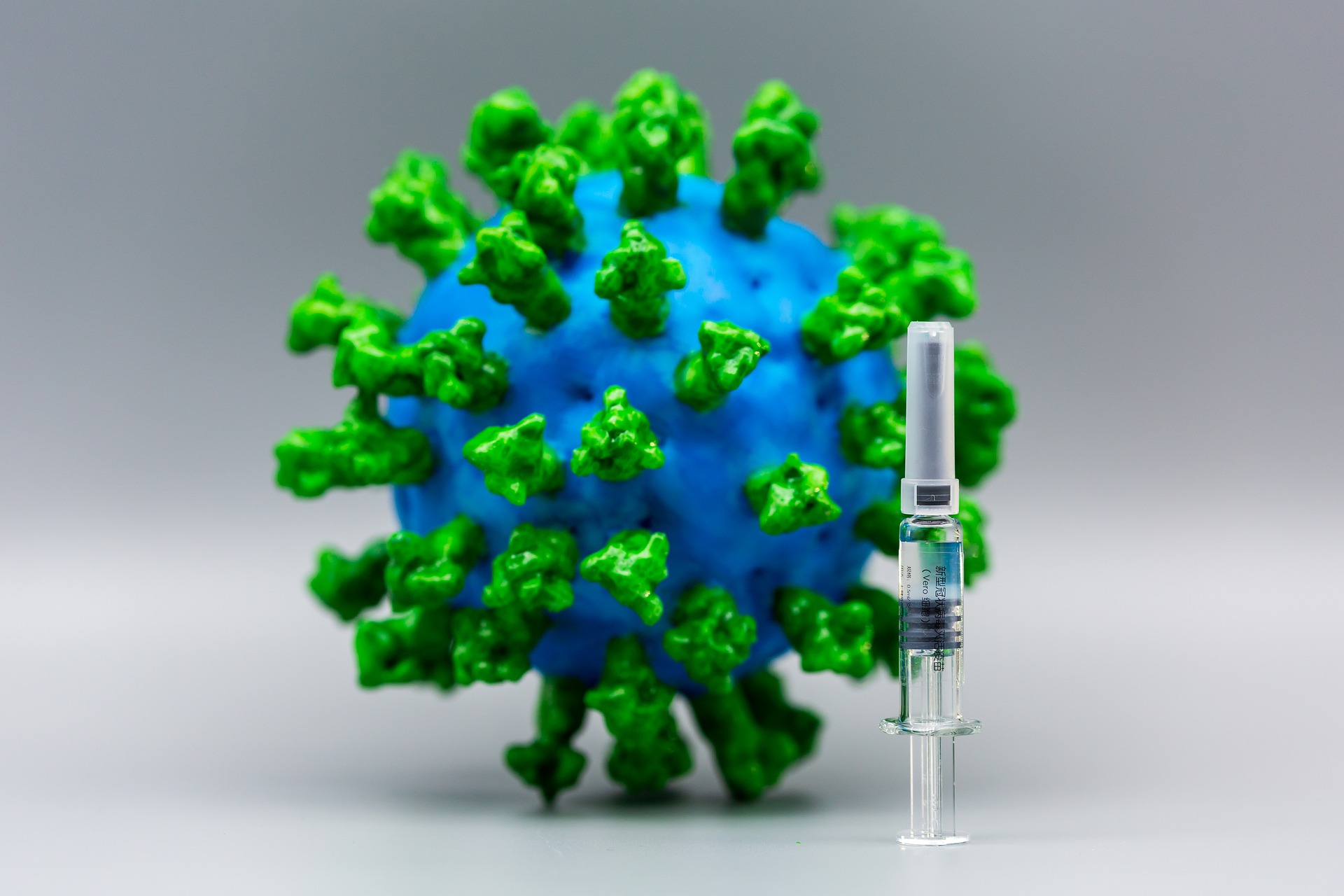Johnson & Johnson has announced that its potential coronavirus vaccine prevented severe illness in a small group of Syrian golden hamsters.
It a statement, issued Thursday, the company said that its researchers vaccinated hamsters with a single dose and then exposed the rodents to the virus four weeks later.
The results were published Thursday in the medical journal Nature Medicine. The researchers found the vaccine eliciting neutralizing antibodies in hamsters who were vaccinated. These antibodies are necessary to build immunity to the virus.
The researchers also found that vaccinated hamsters losing less weight than unvaccinated hamsters .
Vaccinated hamsters also did not experience severe clinical disease, such as pneumonia, or mortality.
“This pre-clinical study further validates our confidence in our SARS-CoV-2 vaccine candidate,” J&J’s Chief Scientific Officer Paul Stoffels said in a press release.
“With our Phase 3 trials planned to start this month, we remain committed to expanding our manufacturing and distribution capabilities to enable global access to our SARS-CoV-2 vaccine candidate should it prove to be safe and effective in humans.”
However, Johnson and Johnson has clarified that the promising results in hamsters do not necessarily mean the vaccine will provide the same level of protection in humans. But J&J researchers noted the findings are important as Covid-19 is known to progress into severe disease in some humans.
J&J is one of many companies doping research to develop a vaccine for the coronavirus. Soon, it will start a 60,000-person late-stage trial testing its vaccine. It would be the largest trial testing a coronavirus vaccine yet.
The U.S. Department of Health and Human Services signed an agreement with Janssen, J&J’s pharmaceutical subsidiary on Aug. 5. Under the deal, J&J’s pharmaceutical subsidiary will manufacture 100 million doses of its vaccine for the US. The deal gives the federal government the option to order an additional 200 million doses, according to the announcement.











